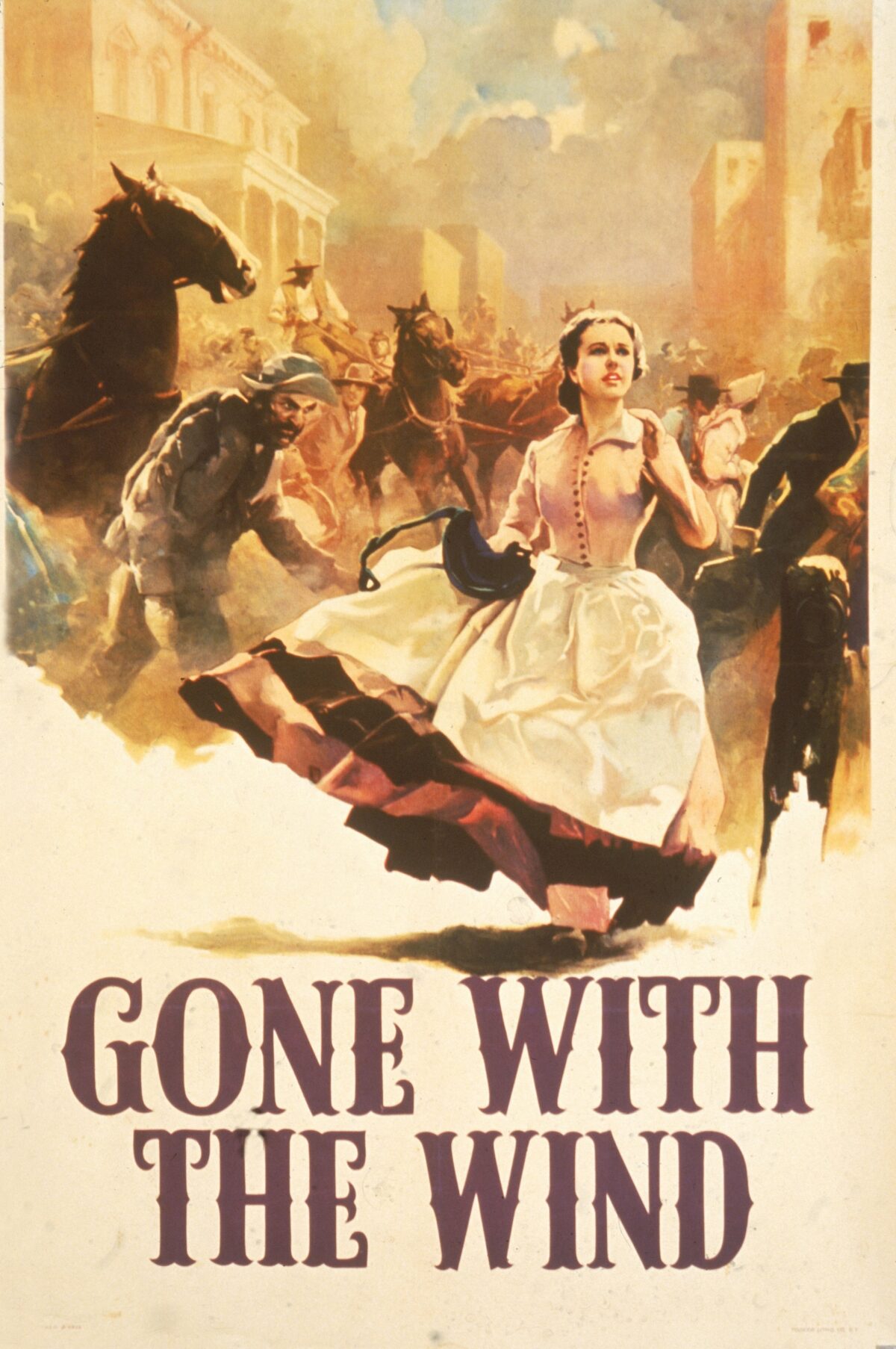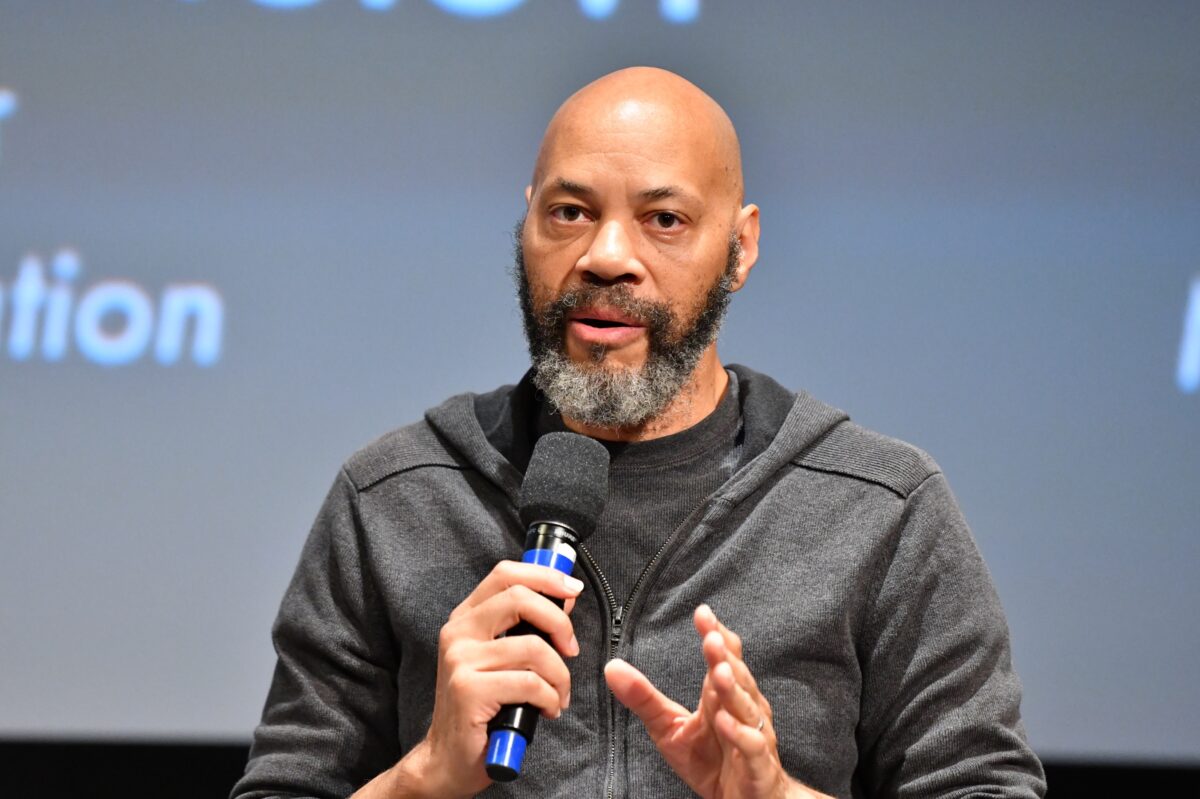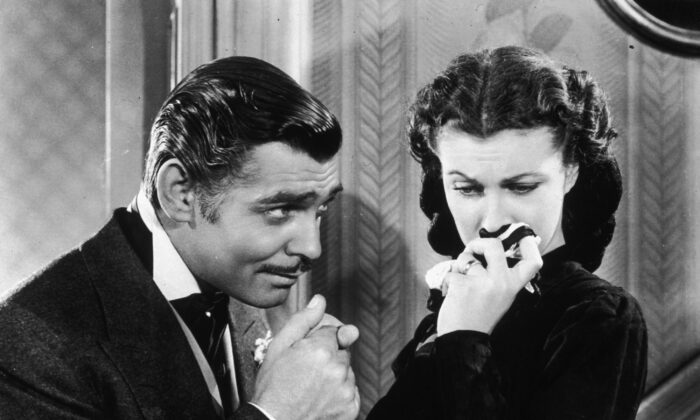
HBO Removes ‘Gone With the Wind’ Amid Black Lives Matter Protests
In a statement released later explaining the move, HBO said the movie “is a product of its time and depicts some of the ethnic and racial prejudices that have, unfortunately, been commonplace in American society.”
“These racist depictions were wrong then and are wrong today, and we felt that to keep this title up without an explanation and a denouncement of those depictions would be irresponsible. These depictions are certainly counter to WarnerMedia’s values, so when we return the film to HBO Max, it will return with a discussion of its historical context and a denouncement of those very depictions, but will be presented as it was originally created, because to do otherwise would be the same as claiming these prejudices never existed.”
“If we are to create a more just, equitable and inclusive future, we must first acknowledge and understand our history,” HBO added.

“Gone With the Wind” premiered in 1939. It focuses on a love story unfolding in the South during the Civil War and reconstruction periods.
Most of the actors are white. The black actors and actresses depict servants or workers. In the story, the black characters are former slaves who stick with the family that owned them after slavery was abolished.
Hattie McDaniel, who played a house servant called Mammy, was the first black actress to win an Academy Award.
Some streaming services in recent years began adding statements to some shows and movies, including “Tom and Jerry” and “Dumbo,” about “outdated cultural depictions.”
HBO Max, which is owned by AT&T, pulled “Gone With the Wind” a day after John Ridley, the screenwriter of “12 Years a Slave,” called for its removal.
In an op-ed, Ridley alleged the movie “glorifies the antebellum South.”

“It is a film that, when it is not ignoring the horrors of slavery, pauses only to perpetuate some of the most painful stereotypes of people of color,” he said. “It is a film that, as part of the narrative of the ‘Lost Cause,’ romanticizes the Confederacy in a way that continues to give legitimacy to the notion that the secessionist movement was something more, or better, or more noble than what it was—a bloody insurrection to maintain the ‘right’ to own, sell, and buy human beings.”
Ridley said he wasn’t calling for censorship. Instead, he proposed, the film should be removed temporarily before being “reintroduced” to the platform “after a respectful amount of time has passed” along with other movies “that give a more broad-based and complete picture of what slavery and the Confederacy truly were.”
“Or, perhaps it could be paired with conversations about narratives and why it’s important to have many voices sharing stories from different perspectives rather than merely those reinforcing the views of the prevailing culture. Currently, there is not even a warning or disclaimer preceding the film,” he added.
In another move prompted by protests over George Floyd’s death, Paramount Network said it was canceling the reality show “Cops.” A&E said it was pulling “Live PD” from its schedule “out of respect for the families of George Floyd and others who have lost their lives.”
https://www.theepochtimes.com/hbo-removes-gone-with-the-wind-amid-black-lives-matter-protests_3383377.html

